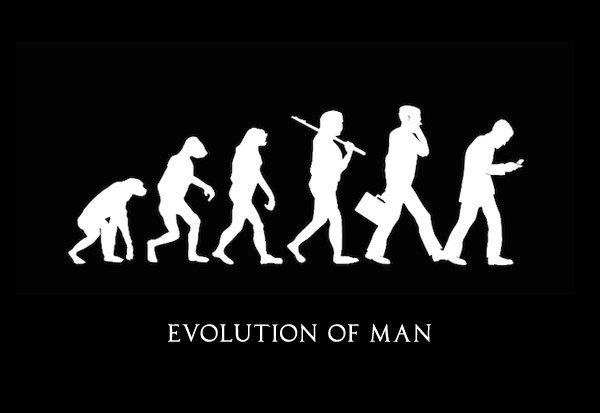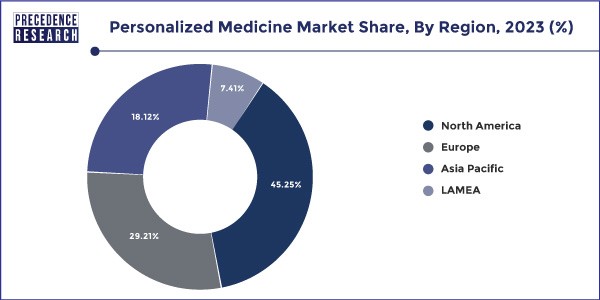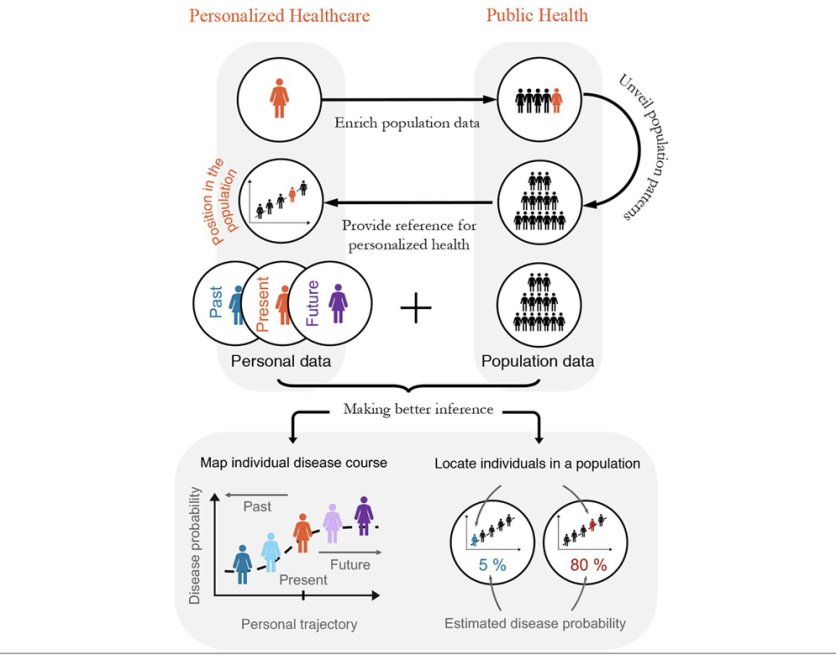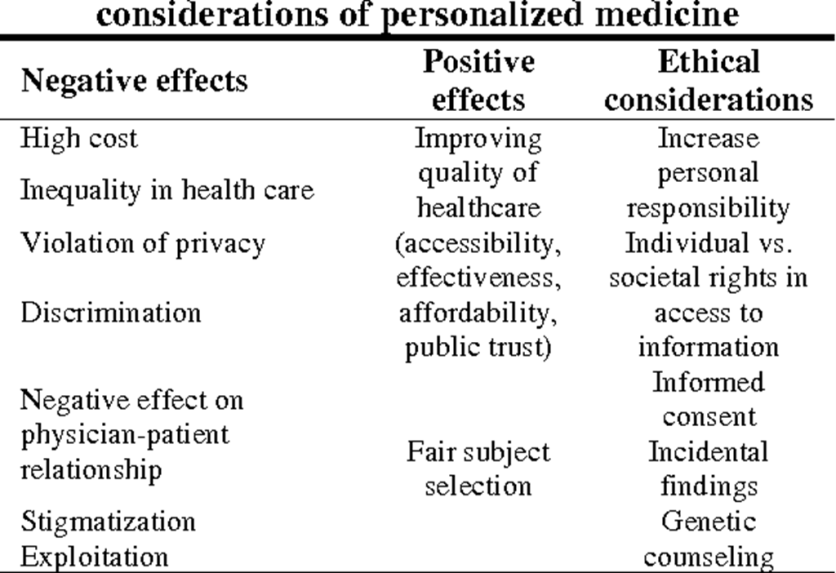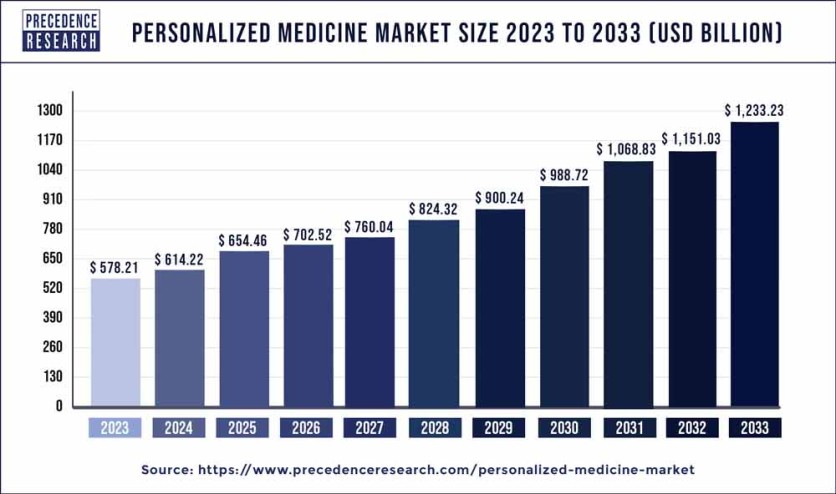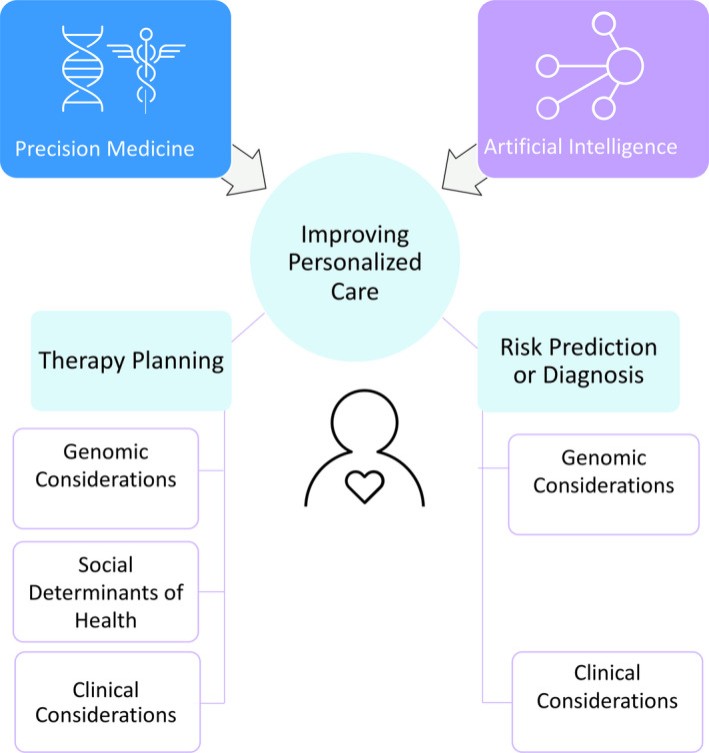Transhumanism isn't a hypothetical future scenario—it's our present reality. As the discussion continues regarding the implications of human enhancement for social equality and the very essence of humans and human consciousness (whatever it was), technologies are already augmenting our capacities in profoundly uneven ways.
While basic enhancements such as smartphones have become remarkably ubiquitous, the accessibility to advanced medical technologies and personalized health care, for example, remains starkly uneven, adding another dimension to ever-deepening multidimensional social inequalities.
Novel product-centric DeSci platforms like Holiverse are trying to bridge that gap by using blockchain technology and AI to make elite-level DNA-based health management accessible to everyone.
Already a Transhuman Reality
The Smartphone you have in your pocket is not just a communication device—it is a cognitive enhancer (assuming you are not just scrolling TikTok all day) that has changed the way we process information, decide, and, increasingly, monitor our health.
Therefore, while philosophers continue to debate on what ethical issues will arise from transhumanism in the future, we are already increasingly becoming enhanced humans through the use of smartphones and other "smart" devices and, recently, large-language-models-based chatbots (AI).
Why Elite Tech Must Go Mainstream
But that is just the beginning, as we're now moving into a far more transformative phase across many frontiers, including DNA-based personalized approaches to health management. As with most breakthrough technologies, these advances first seem available only to the richest, and the critical challenge is to avoid them worsening already ever-widening global inequality.
"Drugs like warfarin, PQ and imatinib that appear to only work—or only work without side effects—when a patient possesses a certain genetic profile, have generated tremendous interest in identifying factors, such as genetic variants, that influence an individual patient's response to any number of drugs and interventions." (Personalized Medicine: Motivation, Challenges and Progress)
This is where a new generation of forward-looking DeSci platforms like Holiverse comes in to break this negative loop, bringing elite personalized wellness approaches to a broad range of users at consumer prices. By some extension, it's not just a question of apps' accessibility or market share—it's about mitigating the healthcare and wellness inequality, with all its severe consequences for society.
Just as with smartphones, for technology to become a tool of democratization rather than increasing inequality, it must become mainstream.
When cutting-edge personalized health and well-being practices are only available to the wealthiest, they worsen the existing inequalities by bringing the healthcare and biological aspects to them.
As a result, this not only extends the already existing natural economic inequalities but also poses a risk of unprecedented social stratification on a biological level.
DeSci's Roadmap: Making Personalized Healthcare Accessible
The personalized medicine market is still nascent but is projected to reach $1.23 trillion by 2033, up from the current ~$650 billion. This rapid growth signals not just market potential but a fundamental shift in how we approach lifestyle and health optimization. While traditional healthcare focuses on treating diseases, personalized healthcare approaches aim to predict and prevent them through genetic and biological profiling combined with extra data available—the more, the better.
The DeSci ecosystem is already transforming healthcare access via various blockchain-based initiatives, from Move-to-Earn fitness tracking apps to DNA data management platforms.

Just as cryptocurrency and DeFi have democratized access to financial instruments, DeSci aims to do the same for personalized wellness and healthcare—making sophisticated health optimization accessible to anyone with a smartphone.
What sets Holiverse apart is its holistic approach to well-being centered around the concept of DNA avatars. Unlike your typical fitness tracker (or even DNA data management platform), Holiverse's 'digital twins' could potentially offer a far more engaging visual representation of one's biological potential while helping users set more precise and realistic goals and track their progress with great precision—all of that due to science-backed approaches based on the users' genome analysis.
Think of it as your fitness app, but on a whole new level—when it does not merely count your steps or sleep but also tells you why those 10,000 steps you took may be bad for your knees, according to your genetic data, habits, and fitness form.
"It's all about creating a truly integrated ecosystem where technology serves not just functionality, but also profound personal growth. ... Ultimately, it's about building a comprehensive system for empowering human potential across all aspects of existence. It's a convergence of worlds where digital seamlessly supports our physical lives and personal growth, they are not at odds with each other but rather, complementary." — Lado Okhotnikov, founder of Holiverse.
Although still in development, this vision of DNA-based digital avatars represents a unique combination of cutting-edge bioscience, personalized wellness approaches, gamification, and user engagement potential, making the path to a better version of self much more intuitive, motivating, and precise than ever before. This fully aligns with Holiverse's core philosophy of using modern virtual tools to enhance the quality of users' real-world lives to a whole new level.
"We are not just building a new technology, we are building a new way of life." — Lado Okhotnikov, founder of Holiverse.
When AI Meets DNA: The Mirror to Your Future Self
The latest advancements in AI and its integration with genetic data analysis open unprecedented opportunities.
Increased competition and the development of better and more efficient models, such as the recent DeepSeek breakthrough, are making AI ever more accessible to third-party developers. This, in turn, leads to more affordable and efficient custom solutions.
While genetic testing itself isn't that new, AI algorithms—which are increasingly effective and accessible—allow us to identify complex patterns in genomic, health, fitness, and lifestyle data and translate them into easily understandable and applicable well-being suggestions.
It's like a mirror that does not only show you your current state but also your real biological self and health prospects.
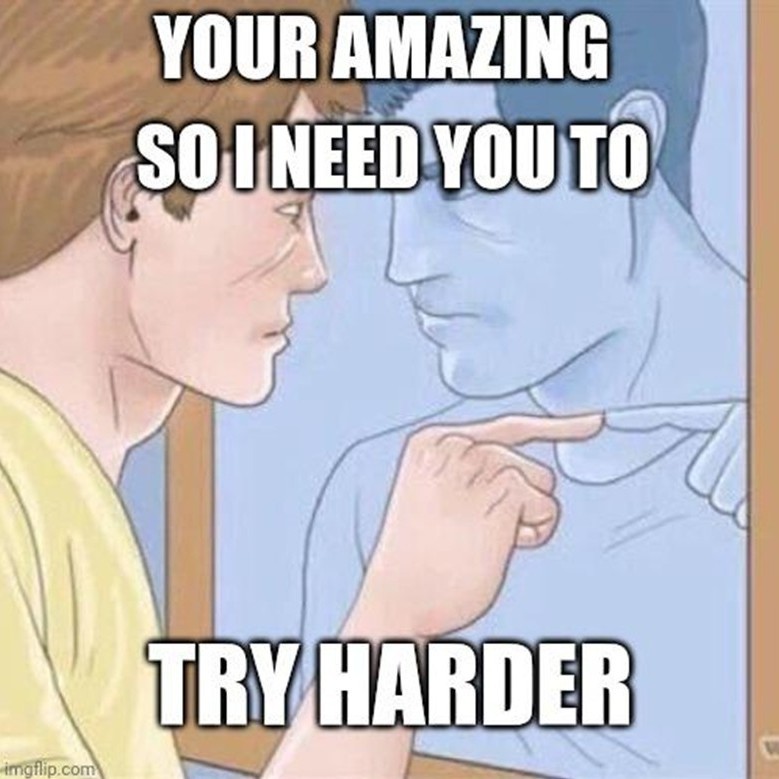
For instance, DNA-based personalization could help offer optimal nutrition and exercise regimens based on the user's genetic disposition. Depending on the additional health and fitness data users could share or upload, the service could suggest specific dietary changes or caution against some diseases or imbalances before they become health concerns. It could also reveal how different exercise plans impact your body based on genetics to help enhance the gains while reducing the risk of injury.
"The magic really happens when we start factoring in your DNA data. The avatar evolves based on your underlying metabolic processes, bone density, and cellular aging. We use thousands of genetic markers to understand how your body works. We focus on predicting things like changes in your skin, weight, muscle mass, and even things like hair loss over time, based on your genetics, your existing lifestyle habits and other factors. We can predict what you might look like in 5, 10 or even 30 years." — Dr. Dmitry Chebanov, PhD, Holiverse.
Holiverse's upcoming Boost Your Body mobile app is planned to prove this potential by translating the vast genetic and scattered and underutilized medical and fitness data into easily understandable and helpful recommendations for everyday life.
Holiverse leverages these innovations to challenge the status quo and make elite-level health and wellness insights available to a broad range of people worldwide at an affordable price. And in some ways, the concept may even go beyond this, aiming to avoid the emergence of health and biological enhancements as a new social divide, while also filling a critical gap in advancing personal health technologies.
Healthcare Transformation: From Reactive to Proactive
Generally speaking, this wave of DeSci solutions is poised to reverse the age-old trend in healthcare, which is mainly reactive, by making it proactive personalized well-being management.
As these technologies mature and become available to mass users through consumer-facing applications, we are moving toward a future where forward-looking (I mean, literally) personal health optimization is as commonplace as tracking steps on our smartphones.
"I believe we're at the cusp of a major shift in how we approach healthcare. In 10 years, I anticipate personalized health management using digital twins becoming mainstream. We will all have avatars that help us plan our health strategy and see the effects of our choices. Imagine the level of control we'll have over our health and aging process. With new technologies emerging every day, like gene therapy and cell engineering, we'll be able to do even more with this technology." — Dr. Dmitry Chebanov, PhD, Holiverse.
Holiverse, among other product-centric DeSci solutions, envisions this becoming a reality—a world where DNA-based health insights are as accessible as checking your phone's weather app—a world where proactive wellness isn't a luxury but an everyday norm.
ⓒ 2025 TECHTIMES.com All rights reserved. Do not reproduce without permission.
